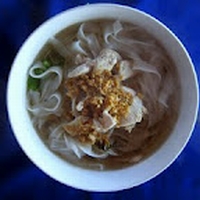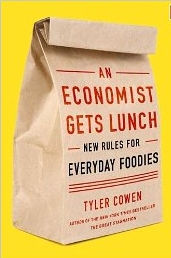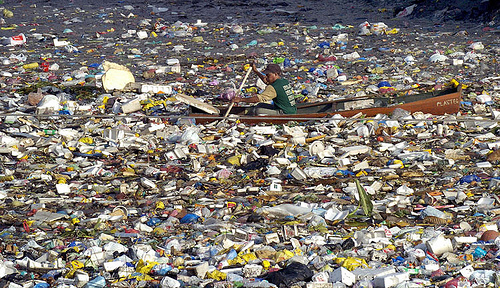
Our culture is infected with acute xenophobia (pronounced “zee-no-fo-bee-ya”). It means “fear of strangers.” It’s often confused with being an introvert. This is incorrect. To be introverted means to be better at relating to people one-on-one. Being an introvert is the opposite of being an extrovert, or someone who easily relates to more than one person at the same time. Neither of these has anything to do with xenophobia.
In my family of origin there was acute xenophobia along with racism, sexism and homophobia – just to start. Symptoms of xenophobia I remember included statements like “our friends are our family” or “only family should watch my children.” These are typical statements of extreme xenophobia. Generally family members simply didn’t relate to anyone who wasn’t part of our family. An exception might be people they worked with, but these relationships didn’t extend much beyond work.
The ability to listen and share in order to relate intimately and develop empathy for others is an essential part of our humanness. Xenophobia, like other psychological and emotional illnesses, short-circuits this process.
Because of xenophobia no one in my family of origin was very involved in civic or community activities. No one volunteered much or contributed to non-profit organizations. There was no sense of contributing to the wider community in gratefulness for all we had received – both fairly and unfairly (through unearned privilege). There was little sense of caring for others in need. No one offered to serve in the capacity of leadership in any way – even though nearly everyone in my family – especially the men – benefited greatly from both public and private education, college, and all the benefits of white privilege. This meant that we never lacked for food, healthcare, clothes or home ownership.
Consistently most family members avoided relationships with people of different ethnic or racial backgrounds, different interests or lifestyles. Living this way results in an extremely narrow and impoverished life.
Generally, by adulthood, if an individual hasn’t managed to extend most of her or his friendships or relationships beyond family members, something is drastically wrong.
Our families are meant to be the training ground where we learn how to trust others, thereby allowing us to extend ourselves outward to those who are different in the world. Take a look around you. If your most of your social life and friendships involve family members – you, too, are xenophobic.
For Christians, Christianity calls us to be on mission – extending ourselves through hospitality and friendship to those who are very different – culturally, socially, racially, and more. These interactions change us, making us more of who we are meant to be. To fail to extend ourselves to others, is to fail – in part – to be fully human, fully whole. In the image of our Trinitarian, relational God, diversity is a necessity for us to thrive too.
How to counter xenophobia? Reconsider how you spend your time. Shut off the radio. Shut off the TV. Shut off the computer. Take that time and ask to meet a neighbor for coffee. Join a book club. Volunteer to teach English as a second language. Meet others – beyond where you work. Stop and ask yourself if you even know your neighbors. If you’ve lived somewhere more than a few months, introduce yourself to those living near you.
People are infinitely interesting. The vast majority are happy to offer friendship and hospitality, particularly those recently arrived from other cultures. For those of us from a xenophobic background, extending ourselves isn’t easy. However, for our own health and development we need to make the effort. Introduce yourself. Invite others into your life. Be inclusive. Resist family and cultural xenophobia. It’s not inevitable. It’s not the way it has to be. It’s not who we are called to be.
Do something good for yourself and someone else. Get to know someone new today.
You may also like Is Family Everything? and Celebration of Family.



